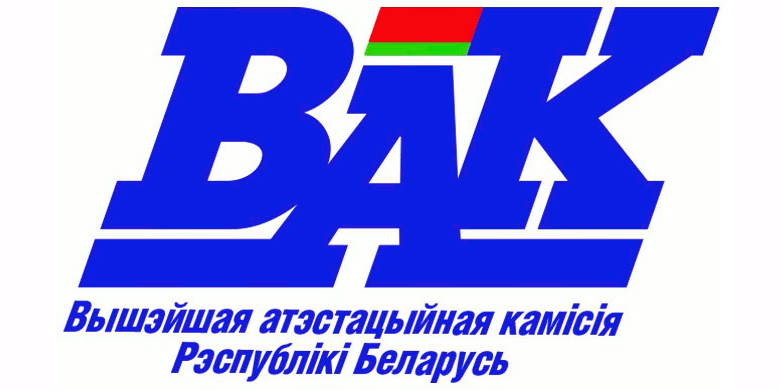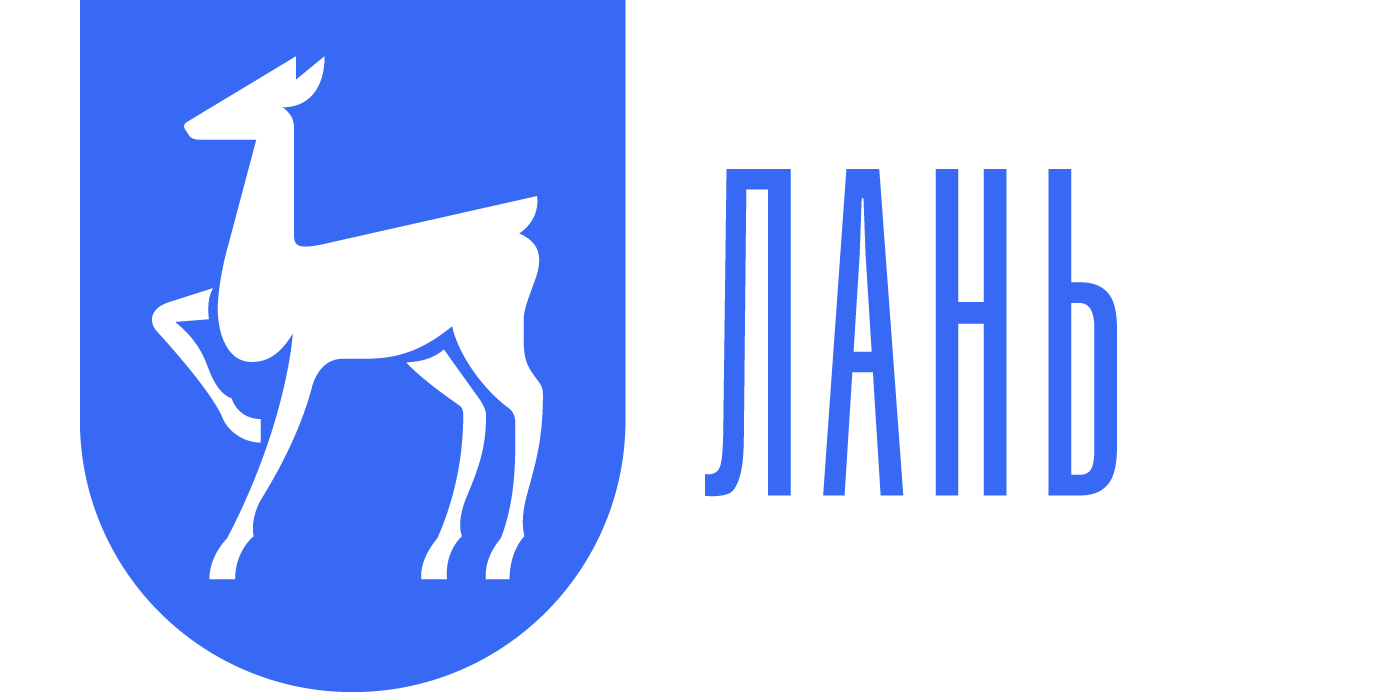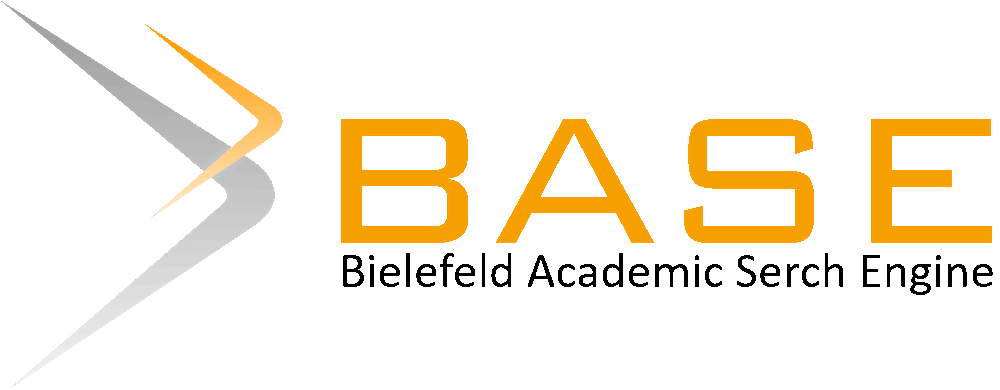Необходимость развития исламского банкинга как альтернативной формы финансирования экономики Таджикистана
Ключевые слова:
исламский банкинг, коэффициент монетизации экономики, индикаторы финансовой глубины, финансовый разрыв ММСП, денежная масса, денежная база, денежный мультипликатор, процентная ставкаАннотация
Цель. Статья посвящена актуальной для Таджикистана проблеме нехватки финансовых ресурсов для развития экономики. Используя показатели монетизации экономики, финансовой глубины, финансового разрыва, рассчитываемые Всемирным банком, автор доказывает, что экономика страны остро нуждается в денежных ресурсах. Также обосновывается мысль о том, что Национальный банк вынужден проводить рестрикционную монетарную политику из-за высоких показателей инфляции в стране.
Результаты. Проблема нехватки финансирования, по мнению автора, может быть решена путем поиска альтернативных банковскому способов финансирования, каковыми являются венчурное финансирование, краудинвестинг и другие направления негосударственного финансирования бизнеса, в том числе исламский банкинг. Исламские банки основаны на уникальном принципе разделения прибыли и рисков со своими клиентами. И банки, и клиенты несут солидарную ответственность за результаты коммерческой деятельности. Исламский банкинг ориентирован на развитие реального сектора и своими операциями связывает деньги реальным производством. Тем самым исламский банкинг способствует безинфляционному развитию производства и обладает рядом преимуществ по сравнению с классическим банкингом. Наиболее важные преимущества состоят в том, что исламский банкинг основывается на реальных активах; обеспечивает распределение прибыли и убытков в коммерческой деятельности; обеспечивает партнерство в компании; содействует финансовой справедливости; обеспечивает безинфляционное финансирование бизнеса, связывая деньги реальными активами.
Заключение. Таким образом, исламский банкинг приводит к росту продукта и предоставляет финансирование под этот рост. Следовательно, исламское финансирование будет способствовать росту финансовой глубины таджикской экономики и повышению уровня ее монетизации на безинфляционной основе.
Библиографические ссылки
https://cyberleninka.ru/article/n/osnovnye-napravleniya-razvitiya-ekonomiki-respubliki-tadzhikistan. – Дата доступа: 28.04.2020.
2. Индекс экономической свободы. Рейтинг стран [Электронный ресурс]. – Режим доступа:
https://www.heritage.org/index/ranking. – Дата доступа: 20.04.2020.
3. Всемирный банк в Таджикистане [Электронный ресурс] / Обзор экономики Таджикистана. – Режим доступа: https://www.worldbank.org/en/country/tajikistan/overview. – Датадоступа: 15.04.2020.
4. MSME finance gap. Assessment of the shortfalls and opportunities in financing micro, small and medium enterprises in emerging markets [Electronic resource]: International finance corporation 2017 – Mode of access:
https://www.smefinanceforum.org/sites/default/files/Data%20Sites%20downloads/MSME %20Report.pdf.
5. Бедность в Таджикистане 2019 / Всемирный банк [Электронный ресурс]. – Режим доступа: https://www.vsemirnyjbank.org/ru/news/infographic/2019/10/17/poverty-in-tajikistan-2019. – Дата доступа: 14.05.2020.
6. Золотарева, О.А. Финансовая глубина экономики / О.А. Золотарева, А.А. Минченко // Право. Экономика. Психология: научно-практический журнал. – 2019. – № 2 (14). – С. 23-32.
7. Золотарева, О.А. Развитие институциональных основ государственной монетарной политики (на примере Республики Беларусь): дисс. … д-ра экономических наук: 08.00.10 – Финансы, денежное обращение и кредит / О.А. Золотарева; [Федер. госбюджет, образоват. учреждение высш. образования «С.-Петерб. гос. экон. ун-т»]. – Санкт- Петербург, 2015.
8. Пехтерева, Е.А. Исламские финансы и перспективы исламского банкинга в России / Е.А. Пехтерева // Экономические и социальные проблемы России. – 2015. – №1. – С. 107-123.
9. Таджикистан: Рогунская ГЭС – Потенциальный ресурс для наращивания человеческого капитала. Доклад об экономике. Осенний выпуск 2018 / Всемирный банк. http://pubdocs.worldbank.org/en/817421547182498715/Tajikistan-CEU-Fall-2018-FINAL-Rus.pdf
10. Всемирный банк. Широкие деньги (% от ВВП) [Электронный ресурс]. – Режим доступа:
https://data.worldbank.org/indicator/FM.LBLBMNY.GD.ZS?view=chart
11. Всемирный банк. Внутренний кредит частному сектору (% от ВВП) [Электронный ресурс]. – Режим доступа: https://data.worldbank.org/indicator/FS.AST.PRVT.GD.ZS?view=chart
12. Всемирный банк. Рыночная капитализация листинговых отечественных компаний (% от ВВП) [Электронный ресурс]. – Режим доступа: https://data.worldbank.org/indicator/CM.MKT.LCAP.GD.ZS?view=chart
13. Всемирный банк. Изменяющаяся региональная среда: важно извлечь выгоду [Электронный ресурс]. – Режим доступа: http://pubdocs.worldbank.org/en/178871532077373948/TJ-economic-update-1807-ru.pdf
References
1. Sarkhatov R.I. Osnovnye napravlenija razvitija jekonomiki Respubliki Tadzhikistan [The main directions of development of the economy of the Republic of Tajikistan]. Sel'skohozjajstvennye nauki. Jekonomicheskie nauki [Agricultural Sciences. Economic sciences]. 2015, no. 4. (In Russian). Available at: cyberleninka.ru/article/n/osnovnye-napravleniya-razvitiya-ekonomiki-respubliki-tadzhikistan (accessed: 04/28/2020)
2. Indeks jekonomicheskoj svobody. Rejting stran [Index of economic freedom. Country rating] (In Russian). Available at: https://www.heritage.org/index/ranking. (accessed: 04/20/2020)
3. Vsemirnyj bank v Tadzhikistane [The World Bank in Tajikistan]. Overview of the Tajikeconomy. (In Russian). Available at: https://www.worldbank.org/en/country/tajikistan/overview. (accessed: 04/15/2020)
4. MSME finance gap. Assessment of the shortfalls and opportunities in financing micro, small and medium enterprises in emerging markets. International finance corporation 2017. Available at:
https://www.smefinanceforum.org/sites/default/files/Data%20Sites % 20downloads / MSME% 20Report.pdf
5. Poverty in Tajikistan 2019 / World Bank (In Russian).
Available at: https://www.vsemirnyjbank.org/en/news/infographic/2019/10/17/poverty-in-tajikistan-(accessed: 2019. 05/14/2020).
6. Zolotareva O.A., Minchenko A. A. Finansovaja glubina jekonomiki [The financial depth of the economy]. Pravo. Jekonomika. Psihologija: nauchno-prakticheskij zhurnal [Law. Economy. Psychology: a scientific and practical journal]. 2019, no. 2 (14), pp. 23-32. (In Russian)
7. Zolotareva O.A. Razvitie institucional'nyh osnov gosudarstvennoj monetarnoj politiki (na primere Respubliki Belarus') [The development of the institutional foundations of state monetary policy (for example, the Republic of Belarus)]: abstract of Doctor of Economic Sciences:. St. Petersburg, 2015. (In Russian)
8. Pekhterev E.A. Islamskie finansy i perspektivy islamskogo bankinga v Rossii [Islamic Finance and the Prospects of Islamic Banking in Russia]. Jekonomicheskie i social'nye problemy Rossii [Economic and social problems of Russia]. 2015, no. 1, pp. 107-123. (In Russian)
9. Tadzhikistan: Rogunskaja GJeS – Potencial'nyj resurs dlja narashhivanija chelovecheskogo kapitala. Doklad ob jekonomike. Osennij vypusk 2018 [Tajikistan: Rogun Hydroelectric Power Station. A Potential Resource for Building Human Capital. Report on the economy. Autumn edition 2018]. World Bank. (In Russian). Access mode: http://pubdocs.worldbank.org/en/817421547182498715/Tajikistan-CEU-Fall-2018-FINAL-Rus.pdf.
10. Vsemirnyj bank. Shirokie den'gi (% ot VVP) [The World Bank. Broad money (% of GDP)]. (In Russian). Available at: https://data.worldbank.org/indicator/FM.LBLBMNY.GD.ZS?view=chart
11. Vsemirnyj bank. Vnutrennij kredit chastnomu sektoru (% ot VVP) [The World Bank. Domestic credit to the private sector (% of GDP)]. (In Russian). Access mode: https://data.worldbank.org/indicator/FS.AST.PRVT.GD.ZS?view=chart
12. Vsemirnyj bank. Rynochnaja kapitalizacija listingovyh otechestvennyh kompanij (% ot VVP) [The World Bank. Market capitalization of listed domestic companies (% of GDP)]. (In Russian). Available at: https://data.worldbank.org/indicator/CM.MKT.LCAP.GD.ZS?view=chart
13. Vsemirnyj bank. Izmenjajushhajasja regional'naja sreda: vazhno izvlech' vygodu [The World Bank. The changing regional environment: it is important to profit]. (In Russian). Available at: http://pubdocs.worldbank.org/en/178871532077373948/TJ-economic-update-1807-ru.pdf
Загрузки
Опубликован
Как цитировать
Выпуск
Раздел
Лицензия
Автор предоставляет Редакции журнала на весь срок действия исключительных прав на Произведение следующие права:
1. право на воспроизведение Произведения (опубликование, обнародование, дублирование, тиражирование или иное размножение Произведения) без ограничения тиража экземпляров. При этом каждый экземпляр Произведения должен содержать имя автора Произведения;
2. право на распространение Произведения любым способом;
3. право на включение в составное произведение;
4. право на доведение до всеобщего сведения;
5. на использование метаданных (название, имя автора (правообладателя), аннотации, библиографические материалы и пр.) Произведений путем распространения и доведения до всеобщего сведения, обработки и систематизации, а также включения в различные базы данных и информационные системы.
6. право переуступить на договорных условиях частично или полностью полученные по настоящему договору права третьим лицам без выплаты Автору вознаграждения.
Автор передает права Редакция журналау по настоящему Договору на основе неисключительной лицензии.
Редакция журнала обязуется соблюдать предусмотренные действующим законодательством авторские права, права Автора, а также осуществлять их защиту и принимать все возможные меры для предупреждения нарушения авторских прав третьими лицами.
Территория, на которой допускается использование прав на Произведения, не ограничена.
Автор также предоставляет Редакция журналау право хранения и обработки следующих своих персональных данных без ограничения по сроку:
• фамилия, имя, отчество;
• дата рождения;
• сведения об образовании;
• сведения о месте работы и занимаемой должности;
• сведения о наличии опубликованных произведений литературы, науки и искусства.
Персональные данные предоставляются для их хранения и обработки в различных базах данных и информационных системах, включения их в аналитические и статистические отчетности, создания обоснованных взаимосвязей объектов произведений науки, литературы и искусства с персональными данными и т.п.
Редакция журнала имеет право передать указанные данные для обработки и хранения третьим лицам при условии уведомления о таком факте с предоставлением сведений о третьем лице (наименование и адрес) Автору.
Отзыв согласия на хранение и обработку персональных данных производится Автором путем направления соответствующего письменного уведомления Редакции журнала.
Автор и Редакция журнала несут в соответствии с действующим законодательством Республики Беларусь имущественную и иную юридическую ответственность за неисполнение или ненадлежащее исполнение своих обязательств.
Сторона, ненадлежащим образом исполнившая или не исполнившая свои обязанности, обязана возместить убытки, причиненные другой Стороне, включая упущенную выгоду.
Все споры и разногласия Сторон, вытекающие из условий настоящего Договора, подлежат урегулированию путем переговоров, а в случае их безрезультатности, указанные споры подлежат разрешению в суде в соответствии с действующим законодательством Республики Беларусь.
Расторжение настоящего соглашения возможно в любое время по обоюдному согласию Сторон, с обязательным подписанием Сторонами соответствующего соглашения об этом.
Расторжение настоящего соглашения в одностороннем порядке возможно в случаях, предусмотренных действующим законодательством, либо по решению суда.
Во всем, что не предусмотрено настоящим соглашением, Стороны руководствуются нормами действующего законодательства Республики Беларусь.















.gif)
